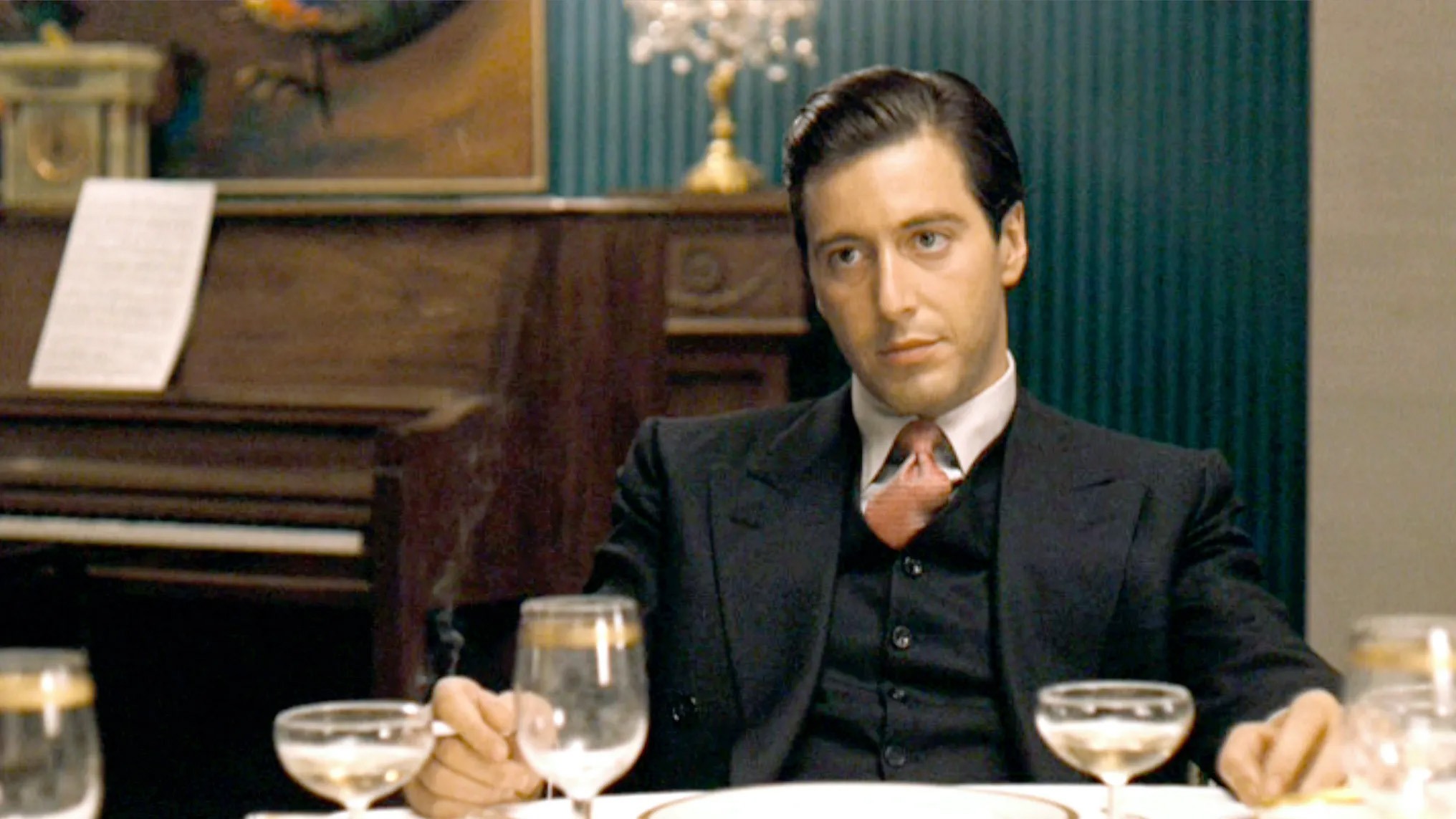Sometimes being dedicated to the craft can have dangerous consequences
People are enamoured with filmmaking. Not just the final product but the whole process behind it. They like their peek behind the curtain. I know this because over the past year I have found myself on movie sets working as an extras coordinator. Watching people who are not in the industry on movie sets always, always puts a smile on my face. Seeing their awed expressions, watching them slowly understanding how everything comes together and how much work there is in actually making a movie; it’s fascinating.
Would you believe that movies that are now considered masterpieces were nightmares on set and threatened to end filmmakers’ careers? Here are two examples.
Lord of the Rings
Yes, THAT Lord of the Rings. The most successful trilogy of all times, a set of movies that defined a generation, launched their leads into super-stardom and set the bar for fantasy movies for decades to come. It was a genre-defining work, something that comes once in a lifetime.
And it nearly killed its creator.
Director Peter Jackson was enamoured with Tolkien’s work and felt it his responsibility to bring his work to screen. But how to convince people that there are such things as elves, orcs and gardeners who would literally follow you to the end of the world? Computer-generated imaging (CGI) was of course advanced but nowhere near the level Jackson wanted it. Jackson wanted audiences to be awed, mesmerised and the only way of doing that was brute force, through the use of practical effects. It took seven years for the three films to be shot and the amount of work that went into it would blow your mind. Go and watch the hours upon hours of behind-the-scenes filming to see the mind-blowing work that went into making the trilogy. It should be a movie itself!
As dedicated as Jackson was to his art, the studio was to making money. Which meant cutting corners and wrapping up as soon as possible. Speed and careful planning though don’t mix, which resulted in crew members having regular accidents on set, the most famous of course being Viggo Mortensen breaking his toe when he kicked a helmet, a shot that ended up in the film by the way.
All that pressure got to Jackson, who said he didn’t sleep properly for the first three years of shooting, gained significant weight, and was so overwhelmed at times that he had to rely on cinematographers and assistant directors to handle scenes he should have handled himself, which, of course, meant expensive reshoots.
Jackson had to fight to keep his script, as one major studio note was that one of the hobbits should be killed to motivate the other ones. Can you imagine? There would be riots in the cinema!
Jackson was so traumatised during that experience that he even went to a hypnotherapist to try and erase the painful memories.
The Godfather
One of the most iconic films ever made, one that for many people is the best movie ever made, nearly destroyed the life of its creator. Francis Ford Coppola came really close to not making the movie, succumbing to changes that would have destroyed it or even be killed for it.
Mario Puzo’s book of the same name might be beloved today but back when it was first released it was despised in the Italian-American community. They hated it more than pineapple on pizza. It portrayed Italians as gangsters and criminals, a harmful stereotype that Italian immigrants long fought against and had suffered for. Mob boss Joe Colombo, head of one the crime families in New York, particularly hated the book and railed against it in public speeches, as he headed the Italian American Anti Defamation League, an organisation dedicated to fighting the stigma against Italians.
Colombo went over the edge when he learned it would be adapted into a movie. It is believed that he had people threaten Coppola, follow him wherever he went and orchestrate strikes on set so the film wouldn’t happen. It wasn’t until Coppola met him personally, removed all mentions of the words ‘Mafia’ and ‘Cosa Nostra’ from the script and agreed to hire Colombo’s people to work on the film and as extras that Colombo agreed to let the movie happen.
Coppola was also fighting a battle in the studio as the executives constantly argued against his casting selection, particularly Al Pacino whom they deemed to be too short to be a main character. Adding to that was legendary crooner Frank Sinatra’s threats to sue Coppola because he believed the depiction of alcoholic, degenerate lounge singer Johnny Fontane was based on him. All the behind-the-scenes drama greatly affected Coppola, who thought this would be his final movie.






Click here to change your cookie preferences